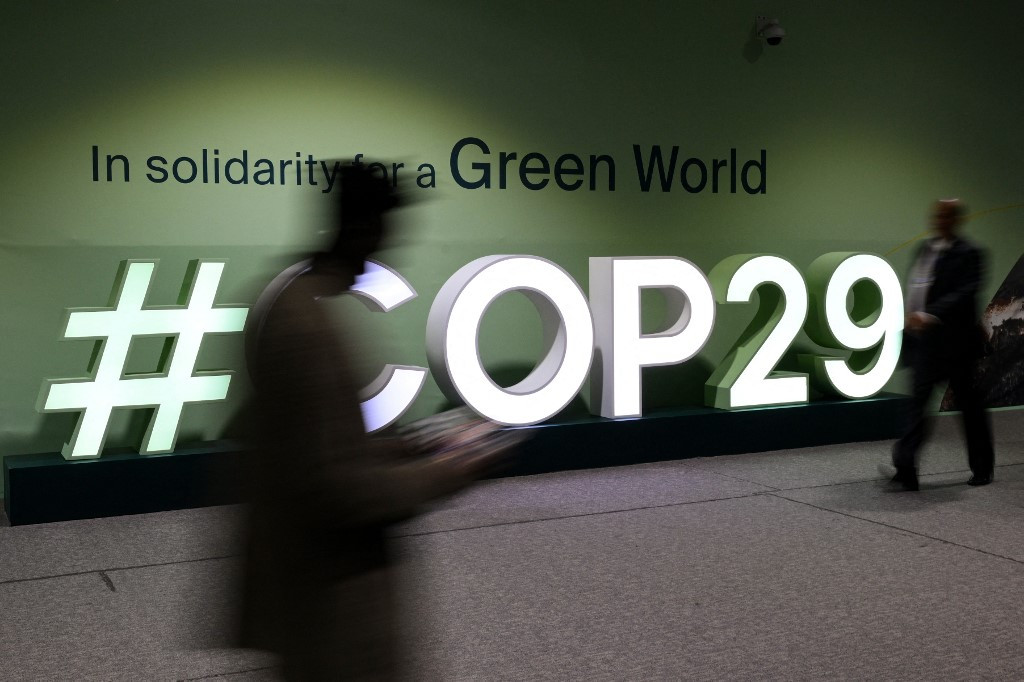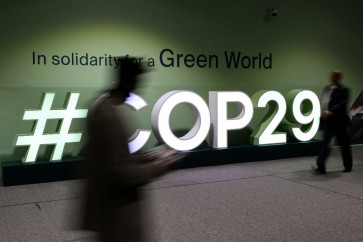Popular Reads
Top Results
Can't find what you're looking for?
View all search resultsPopular Reads
Top Results
Can't find what you're looking for?
View all search resultsShould Indonesia withdraw from the Paris Agreement?
Rather than contemplating a departure from the Paris Agreement in the wake of Trump’s decision, Indonesia should take a look at the potential impacts of such a move and instead realize the opportunity the US departure presents in staying put and taking the lead in demanding better terms for itself, as well as all other developing nations.
Change text size
Gift Premium Articles
to Anyone
A
t the end of January, special envoy for climate change and energy Hashim Djojohadikusumo, the brother of President Prabowo Subianto, expressed skepticism about the Paris Agreement following the United States' withdrawal. This sentiment was later echoed by Energy and Mineral Resources Minister Bahlil Lahadalia, who said withdrawal might be an option for Indonesia.
These statements were made at a critical time, as the United Nation’s deadline for national climate plans, including new 2035 emissions reductions targets, fell on Feb. 10.
This is not the first time Indonesia has raised concerns about the Paris Agreement. In October 2023, then-president Joko “Jokowi” Widodo reportedly expressed frustration over international funding commitments not materializing as expected, particularly regarding climate finance. During an internal meeting, he allegedly raised the possibility of reassessing Indonesia’s commitment to the Paris Agreement.
Government officials later clarified this statement as frustration over climate finance rather than an actual plan to withdraw.
Some officials argue that the agreement disproportionately burdens developing nations while wealthier countries fail to meet their financial commitments. But withdrawing from the Paris Agreement is not a simple or risk-free decision, and doing so will have economic, diplomatic and environmental consequences that could set Indonesia back rather than propel it forward.
Withdrawing from the Paris Agreement is not an overnight decision. Under Article 28 of the agreement, a country must wait three years after ratification before it can formally submit a withdrawal notice to the United Nations Framework Convention on Climate Change (UNFCCC). Even after submission, the withdrawal would take another full year to take effect. This means that even if Indonesia were to announce its decision to exit today, it would still be bound by the agreement for at least another year.
The consequences of withdrawing could be severe. Indonesia has been one of the key beneficiaries of climate finance from international organizations like the Green Climate Fund (GCF) and the World Bank. A departure from the agreement could jeopardize billions of dollars in funding meant for clean energy projects, forest conservation and disaster resilience programs.



















